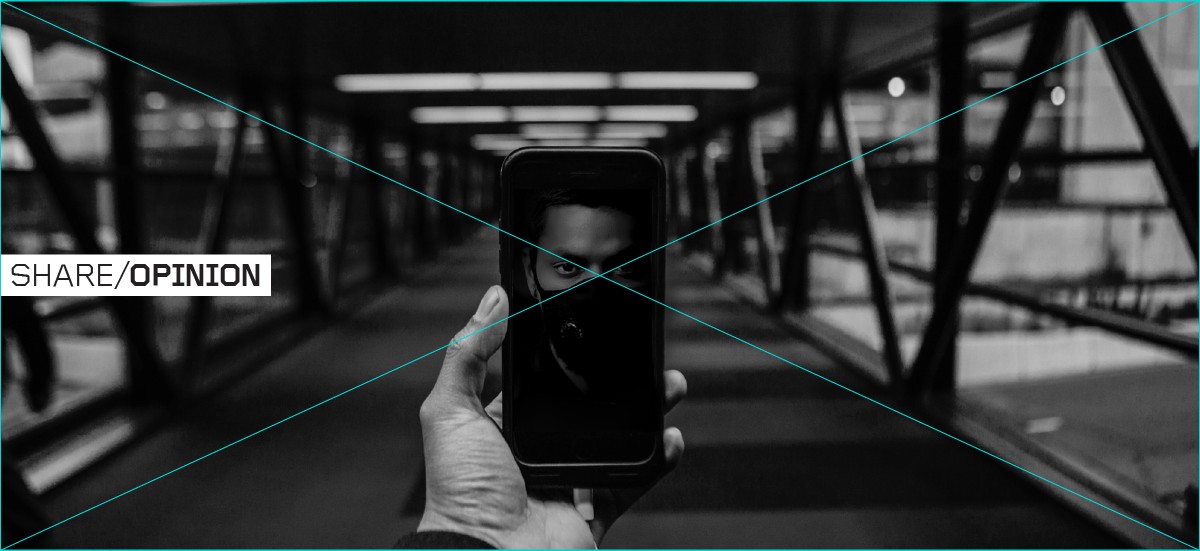News

Covid-19 apps: Opening the new Pandora’s Box
The Covid-19 epidemic was not only a test of public health systems around the world, it was also a test of policy makers in the field of information society and personal data. The test was simple: «Did we learn anything from our previous mistakes where we tried to decide between personal safety and personal privacy or are we going to to the same mistake once again?»
The short anwer: «Here we go again!»
The Covid-19 apps were one of the key features of the coronavirus first wave. «There’s an app for that!» exclaimed the industry as different countries were busy implementing mobile apps as the last line of defence against the virus that was spreading globally. But despite absolutely no proof that the apps are indeed stopping the coronavirus from spreading or that they are privacy-aware and with mounting evidence stating the exact opposite, several of the global states were ready to go with mobile apps that claimed to do the impossible – protect the people, limit exposure to the virus and stop the virus from spreading.
Slovenia was not one of those countries. In the first wave of coronavirus we were too busy installing a right-wing government and enabling them to pull of a multi-million euro heist of public money with a strange chain of business transactions related to the public procurement of surgical masks to be focusing on the enabling of a digital surveillance state. We reserved that for the second coronavirus wave.
Despite multiple calls from the Information Commissioner, legal scholars, privacy NGOs and concerned individuals the government bundled the legal framework for an obligatory coronavirus app into a massive law that dealt with everything from unemployement subsidies to government compesantions for businesses affected by the coronavirus. The law made it virtually impossible to reject the obligatory coronavirus tracking app without also canceling out the government coronavirus help for the economy and citizens.
The debate in the parliament showed the lenght to which the right-wing coalition was willing to go justifying the coronavirus tracking app that was made obligatory for every infected person and for every person that was ordered to go into the quaratine by the government.
All the arguments about the coronavirus apps being ineffective based on reports from Germany, Iceland, Israel and other countries that already implemented such a technocratic solution for a social issue, the arguments about the problematic digital divide that will hamper the efforts since not everbody will have the necessary equipment or the necessary digital skills to use the app, the arguments about the app creating a false sense of security were cast aside.
At the same time, the coalition used several fallacious arguments to convince the public and themselves we absolutely need an app for coronavirus tracking. Among the arguments was the evergreen yet totally fallacious argument about our personal data being already used by Facebook, Google and other internet giants and that there is absolutely no reason for the government not to have the same privilege. The proponents of the coronavirus law were also claiming the app will save thousands of lives (another classic yet fallacious argument that privacy is the opposite of security) and even went so far as to invent a completely bogus claim about the Slovenian police force surveilling the individual parlamentaries, in some cases even right before midnight mass (a claim that was debunked as a complete lie AFTER the vote already passed) to show that privacy is dead, everybody is spying on everybody and the privacy-aware activists and public have no right to oppose the legalisation of the app based on those principles.
The reaction of the general public already dissatisfied with the right-wing government that used the first wave of coronavirus to misappropriate public funds for the purchase of protective equipment was severe and the day after the vote the Minister of Public Administration went on to explain that the provisions of the law stating the app will be obligatory are not going to be used in practice. The coronavirus tracking app will therefore be completely voluntary. The government however, the Minister went on, will reserve the right to use the obligatory provision «if deemed necessary».
The question remained – which app will the government use? The public call for app development offers came on a Sunday and the deadline to submit the application was only three days, spurring assumptions that the government already has an app developed and needed the law to implement it. Ultimately, they decided to base the Slovenian corona tracing app on the well established German open source Corona-Warn-App that will be translated into Slovene language and adjusted to allow the Slovenian authorities to use it. The cost of the project? 4000 euros.
But if the the app was completely voluntary, why did they bother with legalising it in the first place? So far, we don’t know. All we know is that the government posseses a very strong tool to financially punish and even imprison people who are infected with coronavirus or who are violating quarantine and don’t use the prescribed mobile app.
The sad part is, that’s not the biggest problem. The problem that apparently does not want to go away is the fact that we are being led by public representatives conviced that the digital technology will be the answer to social problems, that the surveillance state is being justified by lies and fear mongering and that the politicians are ignoring the epidemiologists, privacy experts and the general public in order to push for repressive legal framework that is not even needed to achieve the stated goal. Alas, there is no app for that.
Domen Savič is the director of the Citizen D NGO, based in Ljubljana. In his capacity he is focusing on the protection of human rights in the information society, analysis of the media landscape, development of media literacy programs and the encouragment of active citizens.



